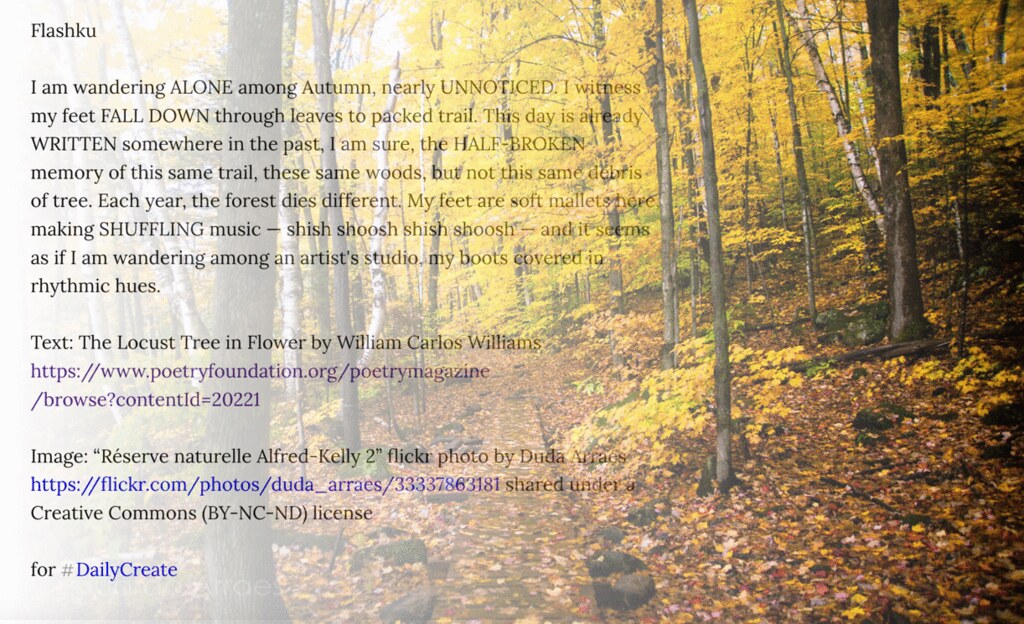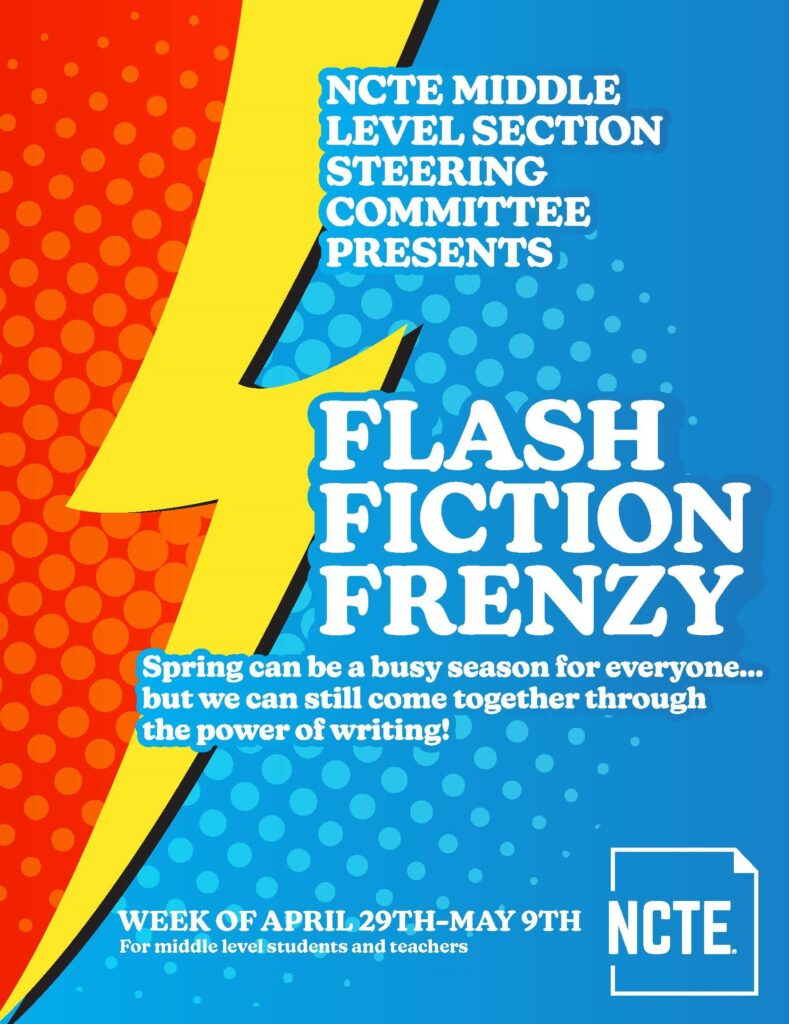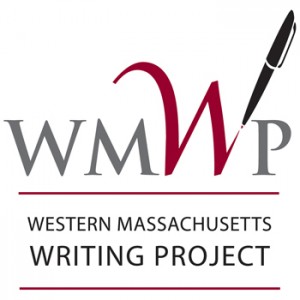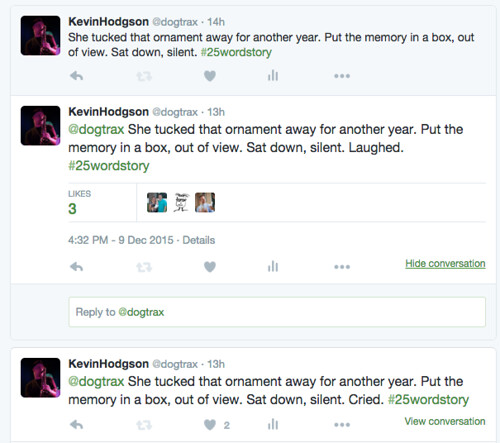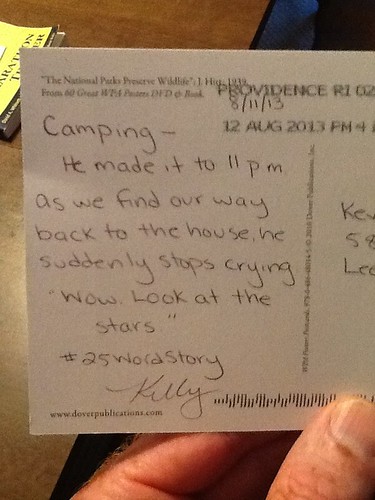I am going to try do a few sequential days of writing microfiction, using daily one-word prompts by Wandering Shop Stories off Mastodon. It’s a challenge to write small but still capture the energy of a story or a character.
Here are two of my stories …
Word: Run
The rabbit ran, in zigzag circles, the unexpected pulse of escape. She sensed an entrance nearby — the map of the underground warren network etched into her mind — but it took everything to ease the panic in order to remember. Then she did. Then she was gone, a blip in the screen in the surface of the ground.
Word: Tongue
It was a word, just off the tip of her tongue. Something stuck in there that her mouth would not let free. He stood, watching her, waiting for her response, but all he saw was the silence. She shouted the word but only in her head. Clear as day to no one else. Her voice refused to respond. She swallowed the sound, then wrote it down. By then, he was gone, and so, too, was the meaning of the word, reduced to quiet ink on yellow paper, crumpled on the wood floor.
Word: Pomenade
From their seat on the sidewalk just outside the facility, Oscar and Tommy laughed. Their ruse to enter the prom had been hatched that morning, and foiled by evening. A one day disaster. Still, they had a story to tell, of deception and intent, born from a shared love of celebration, if not acceptance. “Move along, boys,” they heard Mr. Warton say, and they picked themselves up, a little jump in their step to the pulsing beat seeping through the walls of the venue.
Word: Paw
Paw on the door. Paw on the knee. Paw on the floor. The little dog was desperate to get someone’s attention and yet, all they saw were their screens on tiny machines. She was not a whiner, not a howler, not a distraction. She crossed her paws, resting at their feet, and hoped for some attention and maybe a little something to eat.
Word: Wave
There was such distance between them again. She didn’t like to think in metaphor, but there it was. Such distance, in fact, that Nan could not see if he were smiling or smirking or just staring, stone-faced, as was his wont. She did her little wave, the kind of finger dance with the palm as a stage that commits nearly nothing. She saw it then, the smile, and his hand lifted to his shoulder in a response of movement. She turned, happy, and walked back towards home.
Word: Scale
Five little figures, all out of scale. The mountain loomed, like a dragon asleep. It was too foggy for such an excursion, but here they were, following the trail. The mouth of the cave was inverse in size to the mountain itself, an opening nearly too small to squeeze through. But they did, and when Benji lit his lantern, the walls of the mountain’s interior glowed with eerie light. They felt small again, now in their own shadows, warped by stalactites. They kept onward.
Word: Arm
The ocean’s arm turned inward, and their small boat sluiced through the surf before settling on the sand. The cove was shaped like a finger. “Where are we now?” Tamson asked. Critter shrugged. “I don’t know. We followed the tide.” The beach was rocky. Erosion had created a ledge that led like steps up into a forest clinging precariously to its edge. “Onward?” Tamson suggested. Again, the shrug. “I suppose,” Critter said, grabbing the compass. “Further into the unknown.”
Word: Bat
He adjusted his gloves, then his hat, then his shirt. All of this was routine sequence. Hat – Glove – Shirt. He tried not to look at the crowd. “Get in there,” he heard a voice bark, and he stepped over the white line. The catcher whispered something to try to distract him. He lifted the wooden bat, noticing the dent, then watched the ball as if it were moving at him in slow motion. It hit the glove. “Strike.” He stepped back and restarted his routine. Hat – Glove – Shirt.
Word: Date
They rubbed a layer off the edge of the object. “Something’s there,” Tanker noted. They all leaned in close. “Keep going.” Santi brought out her brush and methodically removed the years, a pool of time’s dust now in the palm of her hand. Tanker looked around, nervous to be discovered. “It’s a date, etched in by a tool,” Santi observed. Tanker nudged her. “Not coordinates, then?” “No,” Santi replied. Later, they would remember the date, and know its significance.
Peace (small but wonderful),
Kevin

